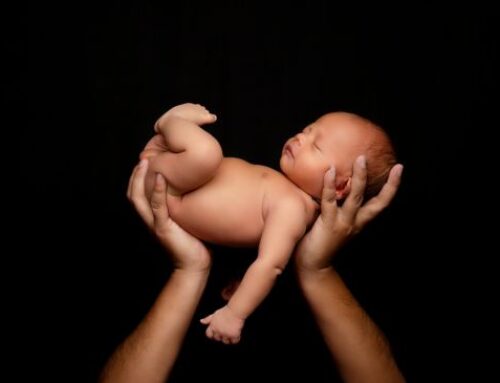The cases of three pro-life freelance journalists – Interim contributor Sue Careless, LifeSite managing director Steve Jalsevac, and Linda Gibbons biographer Gord Truscott – arrested last October for covering a pro-life demonstration, appear not to be unique. Recent events indicate that freedom of the press is in peril in this country. At least 10 journalists and photographers have been arrested in Canada since August 10, 1999.
On August 10, 1999, Chris Bolin, a freelance photographer carrying three cameras and commissioned by the National Post to cover a protest organized by Toronto homeless advocates, was among more than 25 people arrested when police ignored his press credentials. He was released, without charges, but police from 51 Division have never apologized for the wrongful arrest.
On October 15, 1999, police from 51 Division arrested and charged the three journalists covering the pro-life witness of Linda Gibbons outside Toronto’s Scott’s abortuary. In June, charges against Jalsevac and Truscott were dropped when the Crown decided there was no reasonable chance of conviction. Similar charges against Careless were dropped July 28.
On March 25, 2000, Shaun Perry was arrested while covering an anti-police demonstration in Montreal. Among more than 100 arrested, the charges against Perry were later dropped.
On May 1, 2000, police in Montreal again arrested journalists, this time those covering the May Day demonstrations which had turned into a riot. Yves Schaeffer, news editor ofIciMontreal and photojournalists Guillame Simoneau and Valerie Remise assigned to cover the May Day demonstrations for IciMontreal, were arrested and detained overnight. The charges against them were later dropped. Police also arrested photojournalist Andrew Dobrowlskyj. He is due to appear in court in September.
On June 16, Chris Shannon was arrested covering the Father’s Day Weekend War Show in Hamilton.
What do nine of these ten journalists have in common? They’re freelancers.
Victoria Ridout, executive director of the Periodical Writers’ Association of Canada, told The Interim this type of thing doesn’t happen to the staff reporters from the large daily newspapers or the major broadcasters. Assignment editors contacted by The Interim at theGlobe and Mail, National Post and Toronto Star cannot recall any of their staff journalists being arrested. Ridout also said police arresting freelancers undermines freedom of the press and hampers the ability of freelancers to make a living.
According to the Montreal alternative weekly The Mirror (May 11), the Federation professionelle des journalistes du Quebec (FPJQ) issued an “angry press release” following the May Day demonstration arrests of four journalists. The FPJQ called for the charges to be dropped, an apology, an internal investigation and stricter rules for how police handle journalists.
But Reuters photographer Andy Clarke told The Mirror that journalists must be careful when covering demonstrations, especially ones that have the potential to turn into riots such as the May Day demonstrations. “Police are not going to take time to check your press credentials.”
Not that a press card will necessarily guarantee immunity from arrest. Michael Beaudoin of the Montreal police, told the June 8 Mirror “The fact that they are members of the press does not entitle them to be at the heart of a demonstration.”
In the case of the three Toronto journalists covering the pro-life demonstration last October, none of this would apply. The demonstration was mounted by three quiet and peaceful individuals, two of whom left the scene when asked to do so by police. Moreover, the police in this case ignored repeated attempts by one of the journalists to present press credentials.
The concern is not just for the circumstances of a handful of freelancers but the idea of freedom of the press itself and the right for smaller or niche publications to cover events that many times the mainstream media has no interest in reporting. Blaise MacLean, lawyer for Jalsevac and Truscott, told The Interim the police have no right to arrest journalists performing a legitimate function in a democracy and that he is very concerned when police decide to handcuff them. “What is it that they don’t want shown or told?” he asked.
Paul Tuns




